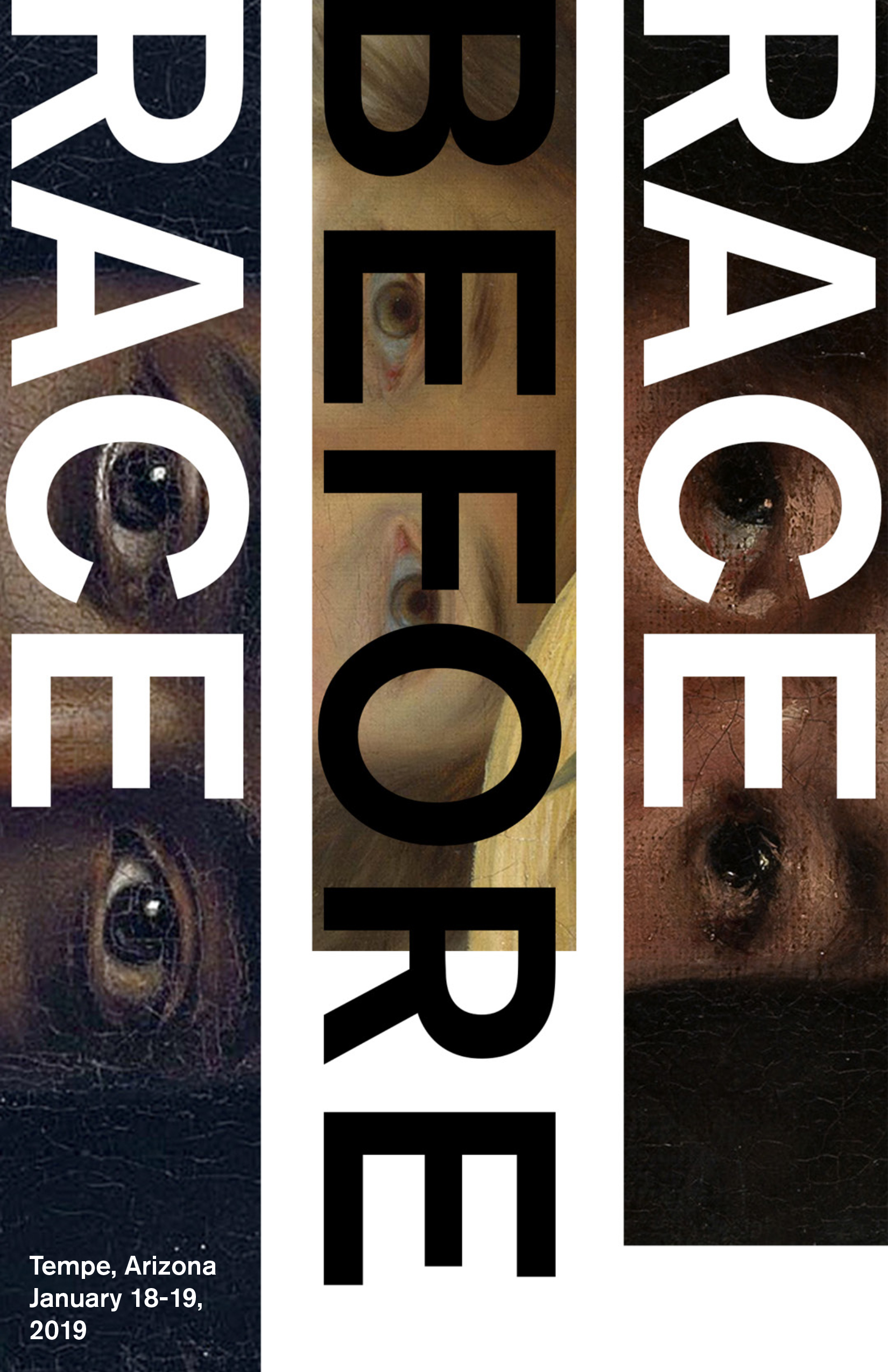Prof. Carla María Thomas publishes "Embodying Antiracist White Latinidad in Medieval Studies"
Congratulations to Prof. Carla María Thomas on publishing "Embodying Antiracist White Latinidad in Medieval Studies" in Literature Compass.
Thomas' article is based on their presentation at the inaugural Race Before Race symposium at Arizona State University. According to the Arizona Center for Medieval and Renaissance Studies, the Race Before Race symposium.
. . . brings together medieval and early modern race scholars who are seeking to push their fields in new archival, theoretical and practical directions. Each scholar will present their research and open the conversations up to the larger audience. By bringing together scholars specializing in a variety of periods, this symposium aims to inspire cross-temporal dialogues about race.
"Embodying Antiracist White Latinidad in Medieval Studies," is published in the October 2021 issue of Literature Compass.
Thomas' abstract:
This essay presents an autoethnographic account of my coming to acknowledge my own whiteness while my Puerto Rican mother stressed that I was Boricua above all and my non-LatinX White grandfather called me “the best kind of mix, a Texa-Rican.” In my presentation at the inaugural RaceB4Race symposium, which was titled “How to Begin Embodying Antiracist Whiteness in Premodern Studies,” I began with a brief history of the United States Census forms since 1970 to demonstrate the socially constructed nature of the panethnic categories “Latino” and “Hispanic” that led to my mother's emphasis on my Latinidad rather than my whiteness, which, in turn, led to my own ethnoracial confusion. I draw upon research in medieval studies, LatinX studies, critical race studies, raciolinguistics, and critiques of institutional diversity work. One of this essay's goals is to stress that the violent identity erasure that Black LatinX, as well as other Black, Indigenous, People of Color, experience in addition to the racism they face every day is different from the ethnolinguistic exclusion and erasure that I experience. I share my narrative of learning to own my white identity to emphasize our need for truly intersectional practices within scholarship and institutional work with the hope that more White colleagues will reflect on the ways that their whiteness not only hinders their ability to see whiteness as a racial identity, but also contributes to the ongoing violence we perpetuate on our colleagues of color, even those of us who identify as white LatinX. These hindrances prevent us from fully embodying and enacting antiracist practices within medieval studies and academia more broadly.
